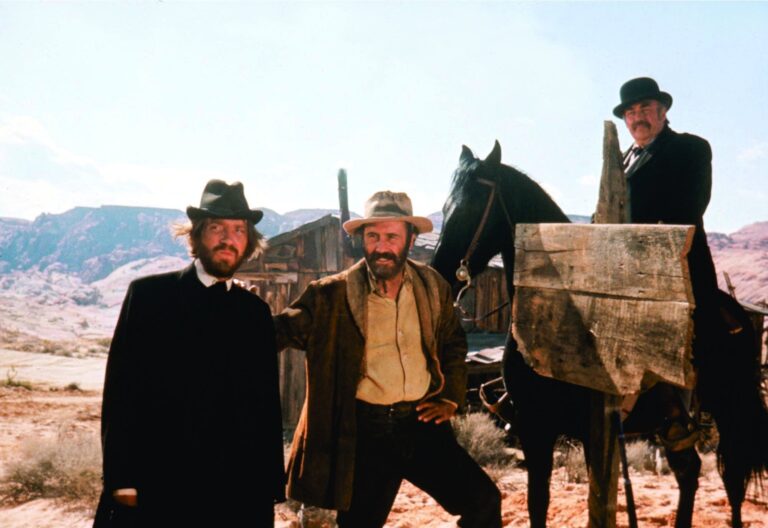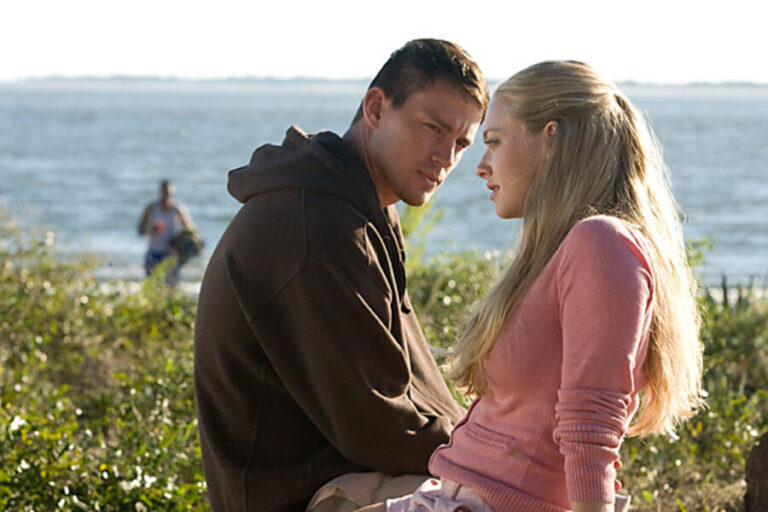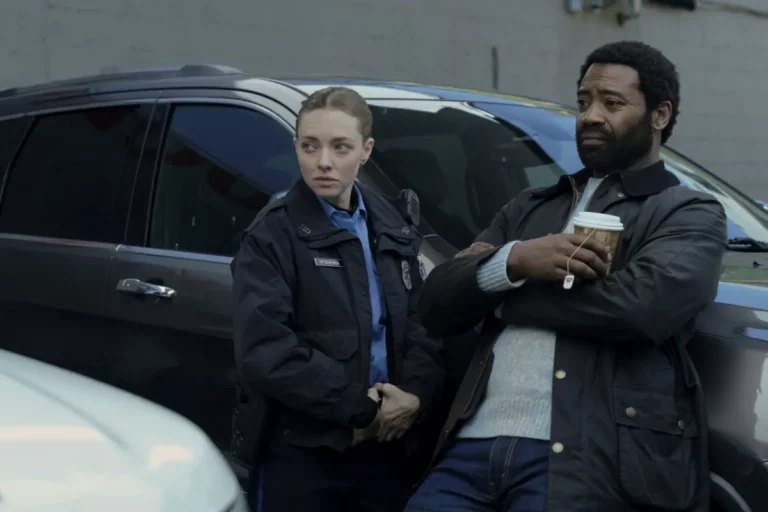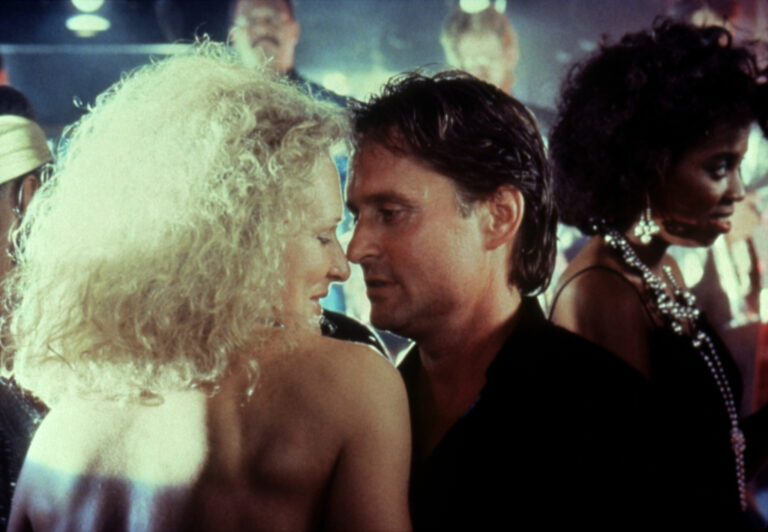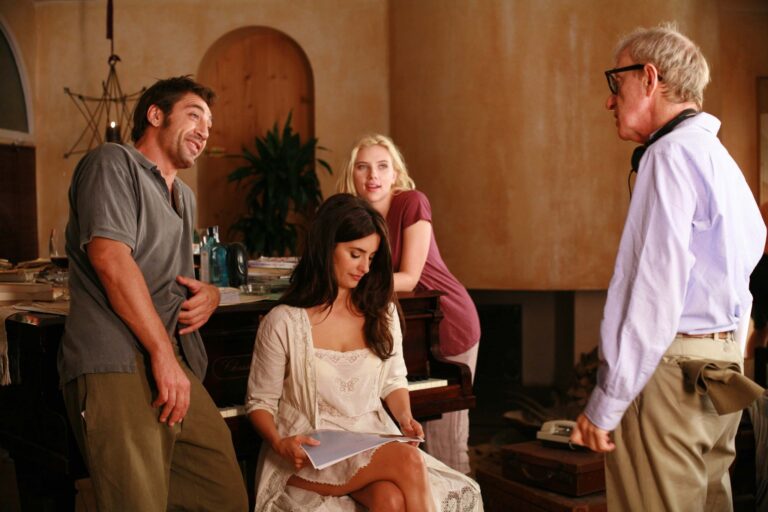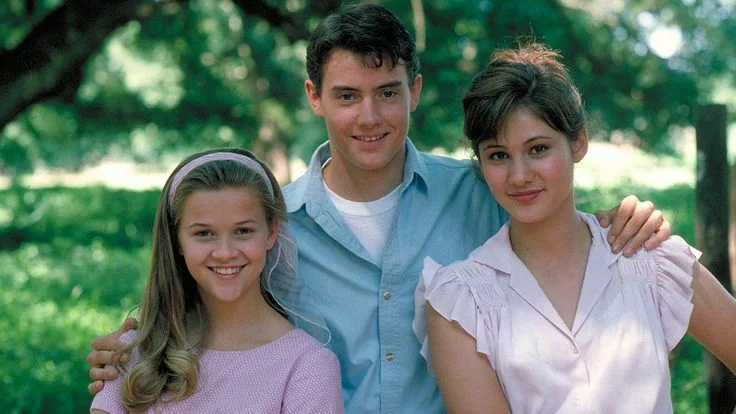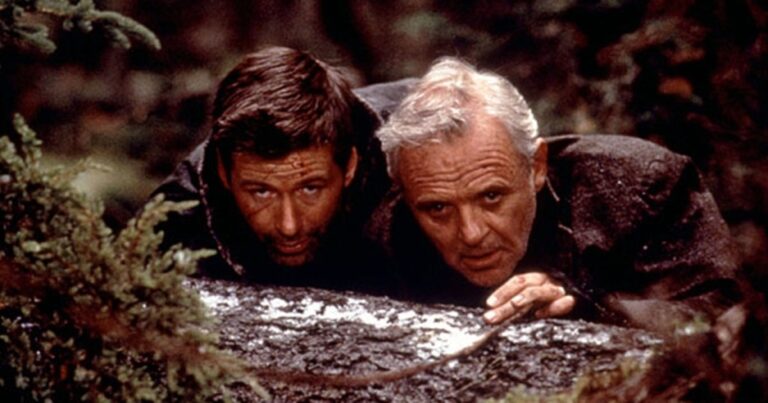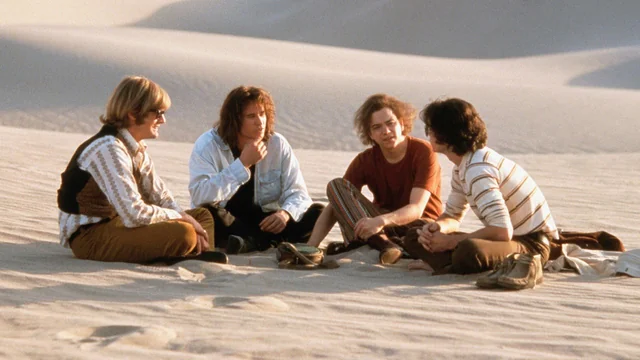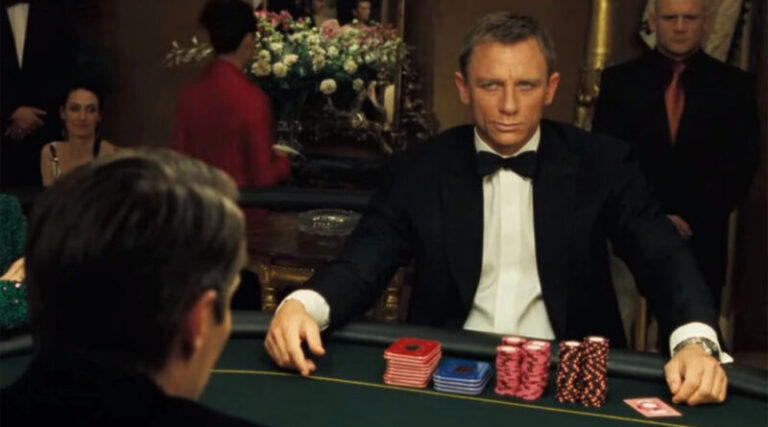The Man in the Moon (1991) is a tender, emotionally rich coming-of-age drama directed by Robert Mulligan, best known for To Kill a Mockingbird. With a gentle touch and Southern charm, the film marks the feature debut of Reese Witherspoon, who delivers a remarkably nuanced performance as Dani Trant, a 14-year-old girl teetering on the edge of adolescence.
Set in 1950s Louisiana, the story follows Dani as she experiences the heady rush of first love during a transformative summer. Her close-knit family is at the heart of the film, particularly her relationship with her older sister Maureen (Emily Warfield). The dynamic between the sisters is tested when Dani falls for their handsome new neighbor, Court Foster (Jason London)—only to discover that he begins to develop feelings for Maureen instead.
What follows is a deeply affecting narrative about heartbreak, sibling bonds, and emotional growth, as Dani is forced to confront feelings of jealousy, betrayal, and grief. The film doesn’t shy away from sorrow, but it treats its characters with warmth and honesty, capturing the bittersweet beauty of youth and the fragile passage into adulthood.
Cinematographer Fred Murphy bathes the rural setting in golden light, enhancing the film’s nostalgic tone, while James Newton Howard’s score adds to the emotional depth. Witherspoon’s performance, mature beyond her years, grounds the story in authenticity and anchors the audience in Dani’s perspective.
The Man in the Moon remains a beloved and underrated gem, remembered for its emotional honesty, quiet grace, and timeless themes. It’s a story that lingers long after the credits roll—a soft-spoken elegy to childhood’s end and the pains of growing up.
The Edge (1997) is a gripping psychological survival thriller that dives deep into the raw, primal instincts of man when stripped of comfort, security, and trust. Directed by Lee Tamahori and written by the legendary David Mamet, the film is a cerebral and intense exploration of survival, suspicion, and the dark corners of human nature.
Set in the unforgiving wilderness of Alaska, the story centers on Charles Morse (Anthony Hopkins), a brilliant and composed billionaire whose intellectual prowess becomes his lifeline when a plane crash leaves him stranded in the wild. With him is Robert Green (Alec Baldwin), a charming fashion photographer whose charisma hides deeper, more dangerous intentions. As the men battle the harsh environment—and a ferocious Kodiak bear stalking them—they also face a more insidious threat: each other.
Hopkins delivers a powerful performance as a man whose calm intellect becomes a weapon for survival. Baldwin is equally compelling, his character torn between envy and desperation. Their dynamic becomes the heartbeat of the film, a slow-burning game of trust and betrayal set against nature’s relentless backdrop.
The film’s visuals, captured by Donald McAlpine, paint the Alaskan wilderness in both awe-inspiring beauty and terrifying isolation. Complemented by Jerry Goldsmith’s haunting score, the atmosphere is thick with tension and existential dread. Mamet’s dialogue is sharp and loaded with subtext, elevating The Edge beyond the usual survival tale into a meditation on masculinity, fear, and what we’re truly capable of when pushed to the brink.
With unforgettable lines like “What one man can do, another can do,” The Edge is a smart, suspenseful journey into the wild—where the greatest threat might not be nature, but the man standing beside you.
The Doors (1991), directed by Oliver Stone, is a captivating musical biopic that delves deep into the tumultuous life of Jim Morrison, the charismatic and troubled frontman of the iconic American rock band, The Doors. Stone, who co-wrote the screenplay with J. Randall Jahnson, brings the raw energy and chaos of Morrison’s journey to fame in the 1960s, capturing both the wild intensity of the era and the complexity of Morrison’s personal struggles.
The film immerses viewers in the vibrant countercultural movement of the 1960s, a period marked by political upheaval, social change, and a reimagining of the artistic landscape. Through Morrison’s perspective, portrayed by a mesmerizing Val Kilmer, The Doors explores themes of fame, artistic expression, personal demons, and self-destruction. Kilmer’s portrayal of Morrison is compelling, perfectly capturing the volatile combination of magnetic charisma and inner turmoil that defined Morrison’s public and private life.
Oliver Stone employs a striking surreal and psychedelic visual style, mirroring the band’s avant-garde music and the mind-bending experiences of the time. The film’s innovative use of imagery, such as dreamlike sequences and abstract visuals, echoes the wild, experimental nature of the 1960s rock scene and the psychedelic culture that shaped the band’s music. These visual choices not only bring the music to life but also emphasize Morrison’s complex inner world.
At the heart of The Doors is the iconic music of the band itself. Songs like “Light My Fire,” “Riders on the Storm,” and “The End” are more than just background tracks—they are woven into the fabric of the narrative, heightening the emotional resonance of the story. The film’s soundtrack captures the essence of The Doors’ distinctive sound, and their music plays an integral role in portraying the highs and lows of Morrison’s life and career.
The Doors is more than just a biopic—it’s a visceral experience that transports audiences into the heart of the 1960s counterculture and the tumultuous life of one of rock music’s most enigmatic figures. Through Oliver Stone’s direction and Val Kilmer’s remarkable performance, the film offers an intense, immersive exploration of the complexities of fame, creativity, and self-destruction. For fans of The Doors and lovers of music history, the film is a striking tribute to the band’s legacy and the unforgettable persona of Jim Morrison.
Casino Royale (2006), directed by Martin Campbell, marked a bold reinvention of the iconic James Bond character, ushering in a new era for the legendary spy. The 21st film in the series, it strips away the traditional glamour and suave exterior, presenting a grittier, more vulnerable Bond, played by Daniel Craig in his debut role. Based on Ian Fleming’s 1953 novel, Casino Royale redefines Bond for a new generation while staying true to the essence of the original character.
In this reboot, we meet a younger, less polished Bond who has just earned his 00 status and is learning the ropes of espionage. His first mission takes him to Madagascar, where he uncovers a connection to Le Chiffre (Mads Mikkelsen), a terrorist financier involved in illegal gambling. Le Chiffre is trying to recover a large sum of money lost in a botched investment by organizing a high-stakes poker game at the Casino Royale in Montenegro. Bond is tasked with thwarting his plans by outplaying him at the poker table, where the stakes are not only financial but also life-threatening.
Daniel Craig’s portrayal of Bond is a stark departure from previous iterations. Gone is the unflappable, almost superhuman 007; in his place is a more grounded, emotional, and vulnerable man. Craig’s Bond is raw, ruthless, and determined, but also grappling with the psychological toll of his profession. From the intense opening sequence to his complex emotional arc, Craig offers a more human side to Bond, allowing audiences to connect with the man behind the spy.
With thrilling action sequences, captivating performances, and a deeper exploration of Bond’s internal struggles, Casino Royale raised the bar for the franchise and set a new standard for the spy genre. It’s a gripping, emotional take on the iconic character that feels both fresh and timeless.
